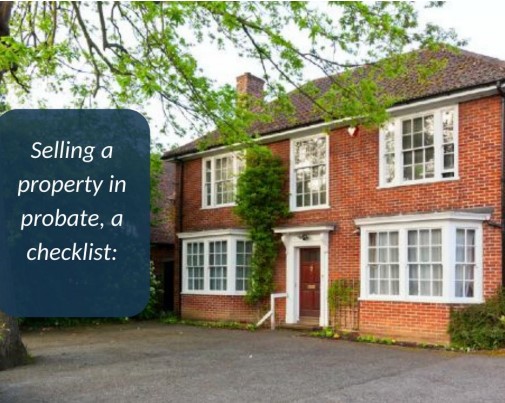Lower-price-bracket housing demand could challenge first-time buyers in Scotland
The forthcoming hike in stamp duty in April, aimed at opening up the market to private house buyers, may have the opposite effect according to leading landlord and property organisations.
Scottish MPs are reviewing the consequences of the imminent charge increases after several housing associations weighed in on the issue. Since the stamp duty hike was announced, properties in higher price brackets have started to be offloaded by landlords in favour of cheaper homes that will save them money – increasing competition for houses below £150,000. This spells trouble for potential first-time buyers, who are generally less wealthy than those who buy property for rental purposes, as they are unable to compete in the price war.
While help-to-buy schemes have been considered a great success by various government bodies, the forecasted increase in value within lower price brackets could potentially leave first-time buyers out in the cold – even when aided by government subsidies.
These new charges could also have a knock-on effect for those in rented accommodation, as any increase in rates is more than likely to be passed on to tenants rather than be absorbed by the landlord, leading to a reduction in quality property maintenance as a way of recouping costs.
These imminent rise in charges also make life more difficult for current homeowners looking to sell property fast, as well as renters looking save the necessary deposit to become gain a foothold on the property ladder themselves. As a result, many in Scotland are already understandably worried about the long-term effects of the aforementioned charge increases for those willing to continue investing in the private rented sector north of the border.
“We’re concerned about the future, we know we need to increase investment, however we do that, and Scotland needs to become a more attractive place to invest in the future,” said chief executive John Blackwood of The Scottish Association of Landlords.
It is still unclear whether this trend will spread to the rest of the UK, due to the differences in property law between Scotland and England, but with concerns being raised by bodies including the Chartered Institute of Housing Scotland and the Scottish Property Federation, it is clear that there is potential for turmoil in the market if the ongoing effects of these charges are not carefully studied.
If you’d like to sell your house quickly, ask National Homebuyers for advice, as we guarantee to buy any home. Call 08000 443 911 or request a call back to find out how much you could get for your property.





